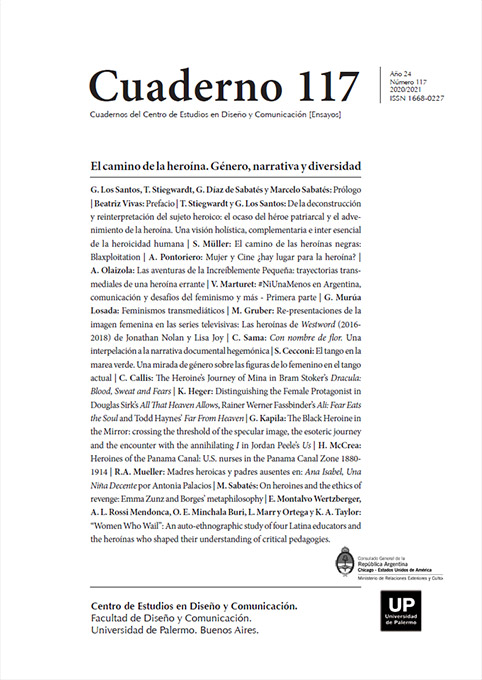Madres heroicas y padres ausentes en Ana Isabel, una niña decente por Antonia Palacios
Abstract
Antonia Palacios's (Venezuela, 1904-2001), first prose work was published in Buenos Aires in 1949. In 1950 the novel reached Venezuela, Colombia, Argentina and other Latin American countries. In 1952 it arrived in Europe: Spain, Portugal, Holland and France. Palacios, a renowned poet and social activist lived during the repressive dictatorship of Juan Vicente Gómez (1908-1935). The novel deftly exposes the contradictions and complexities of Venezuela's colonial and patriarchal legacy during the country's expansion and Venezuela's transition to an oil economy. The young narrator questions the strict gender roles and awakens to the reality of the dictatorial legacy and its consequences for women. Palacios combines her ability as a poet with the ability to narrate the experiences of a young woman living in a rigidly structured society with her life monitored and enclosed.
Women are part of a domestic economy creating sweets, sewing, selling milk, washing clothes, or, as in the case of Ana Isabel's mother, making boxes of cigarettes and sewing uniforms for soldiers. The mothers of the novel must fend for themselves, while the fathers are absent or ineffective. Ana Isabel's father is sick and unemployed. Pepe's absent father, Ana Isabel's friend, shows up one day and expects his son to be "male" like him. Her friend Otilia's father simply disappears. Fathers leave and mothers and children must take care of themselves. While the new political order in Venezuela is being redefined by dictatorship and the new economic order is being redefined by the discovery of oil, the old patriarchal order with its rigid and sometimes opaque conventions that Ana Isabel questions endures. The novel displays a diversity of female voices while it reexamines gender roles.
References
Amaya Alvarado, Carolina Ysabel (2010). Perforando el vacío: relectura y resignificación de la escritura poética de Antonia Palacios. Caracas: Universidad Católica Andrés Bello.
Iglesias, Elena (1979). Antonia Palacios: esa columna en vilo: Caracas: Universidad Católica Andrés Bello.
Liscano, Juan (1989). “Prólogo” Ana Isabel una niña decente. Caracas: Monte Ávila Editores.
__________ (1984). Panorama de la literatura venezolana actual. Caracas: Alfadil.
Ludmer, Josefina (1985). “Las tretas del débil” La sartén por el mango. Puerto Rico: Ediciones Huracán.
Mueller, RoseAnna. Trad. (2016). Ana Isabel, a respectable girl. Antonia Palacios. Montreal: Universitas Press.
Palacios, Antonia (2002). Obras Completas. Caracas: Calicanto.
______________ (1994). Ficciones y Aflicciones. Caracas: Biblioteca Ayacucho.
Pantín, Yolanda and Ana Teresa Torres (2003). El hilo de la voz: antología crítica de escritoras venezolanas del siglo XX. Caracas: Fundación Polar.
Rivas, Luz Marina (2003). “Ellas tomaron la palabra: un siglo y algo más de las narradoras venezolanas” Revista venezolana de estudios para la mujer. Vol.8, No 21, Caracas, julio-diciembre.
Tarver, H. Michael and Julia C. Frederick (2006). The History of Venezuela. New York: Palgrave McMillan
Los autores/as que publiquen en esta revista ceden los derechos de autor y de publicación a "Cuadernos del Centro de Estudios de Diseño y Comunicación", Aceptando el registro de su trabajo bajo una licencia de atribución de Creative Commons, que permite a terceros utilizar lo publicado siempre que de el crédito pertinente a los autores y a esta revista.


